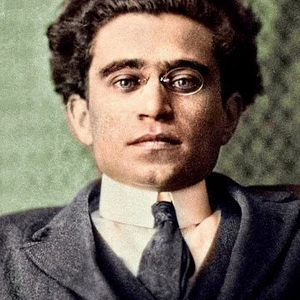Georg Wilhelm Friedrich Hegel type de personnalité MBTI
Personnalité
"Quel type de personnalité est Georg Wilhelm Friedrich Hegel? Georg Wilhelm Friedrich Hegel est un type de personnalité INTJ dans MBTI, 5w6 - SO5 - 514 dans Enneagram, RCOEI dans Big 5, ILI dans Socionics."
-“Marx criticized Hegel for being "mystical" and only focusing on the mystical and inner processes of the problem rather than verifiable observations and analyses Both were rational individuals (in a Jungian sense) though differed in attitude Hegel unlike Marx who focused on material and external factors put into focus an abstract lens in society utilized by underlying and internal principles This then would sum up a great analogy for Jung's Extraverted vs Introverted Thinking Both focused on rational formulas though very differing in attitudes Marx the extraverted thinker focused on objective systems and external factors and heavily prioritized empirical and hard data Hegel the introverted thinker focused on inner and underlying principles and ideas which comes first before the external and material world.”- https://www.personality-database.com/post/6579829?boardID=333217 The early theological writings and the Phenomenology of Mind are packed with brilliant metaphors. In his later works, produced as textbooks for his lectures, the Encyclopaedia of the Philosophical Sciences and the Philosophy of Right, he compresses his material into relatively short, numbered paragraphs. It is only necessary to translate them to appreciate their conciseness and precision. The common idea that Hegel’s is a philosophy of exceptional difficulty is quite mistaken. Once his terminology is understood and his main principles grasped, he presents far less difficulty than Kant, for example. One reason for this is a certain air of dogmatism: Kant’s statements are often hedged around with qualifications; but Hegel had, as it were, seen a vision of absolute truth, and he expounds it with confidence. Hegel's Philosophies In The Phenomenology of Spirit are: Dialectic: This is a method of reasoning that involves the movement from a thesis to an antithesis (a contradiction or opposition) and then to a synthesis (a resolution or reconciliation) that preserves the truth of both sides. Hegel uses dialectic to show how different aspects of reality (such as being, thought, concept) are related to each other and how they develop through a process of negation and sublation. Absolute idealism: This is a philosophical position that holds that reality is ultimately based on ideas or forms that are independent of material existence. Hegel argues that reality is not given by nature or sense-certainty, but rather constructed by human reason through its activity. He also claims that reality is not static or fixed, but dynamic and evolving through a process of self-development. Ethical life: This is a form of social organization that is based on freedom and rationality. Hegel distinguishes between two types of ethical life: master-slave morality and civil society morality. Master-slave morality is based on the domination and exploitation of one class over another (the masters over the slaves), while civil society morality is based on the recognition and respect for each individual’s rights and duties (the citizens). Hegel argues that ethical life can only be achieved through a higher form of social organization: ethical life itself. Aufhebung: This is a term that means “annihilation” or “sublation” in German. It refers to the way in which one concept or idea negates itself in order to make room for another concept or idea that contains it within itself. For example, when we say “I am”, we negate our individuality in order to affirm our humanity; when we say “I am free”, we negate our freedom in order to affirm our moral responsibility; when we say “I am spirit”, we negate our spirit in order to affirm our absolute knowing. Hegel's Philosophies In The Science of Logic Are: Categories: These are the basic concepts or ideas that express the essential properties or relations of things. Hegel identifies three main categories: being, thought, and concept. Being is the category that describes what things are in themselves, independent of any other thing. Thought is the category that describes how things appear to us through our senses, understanding, reason, spirit, and absolute knowing. Concept is the category that describes how things relate to each other through their logical forms or categories. Logic: This is the science or art of thinking correctly about reality. Hegel defines logic as “the science which teaches us how we should think”. He distinguishes between two types of logic: formal logic and material logic. Formal logic deals with the structure and validity of arguments based on symbols or signs; material logic deals with the content and meaning of arguments based on concepts or ideas.
Biographie
Georg Wilhelm Friedrich Hegel (August 27, 1770 – November 14, 1831) was a German philosopher and an important figure of German idealism. He achieved wide renown in his day and—while primarily influential within the continental tradition of philosophy—has become increasingly influential in the analytic tradition as well. Although Hegel remains a divisive figure, his canonical stature within Western philosophy is universally recognized.
Personnalité correlate
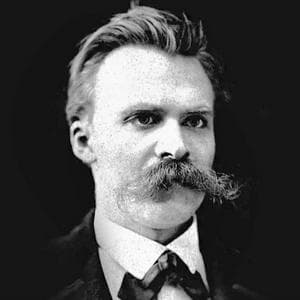
Friedrich Nietzsche
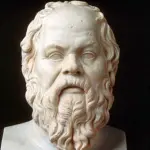
Socrates

Arthur Schopenhauer
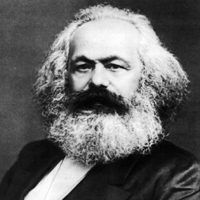
Karl Marx

Albert Camus
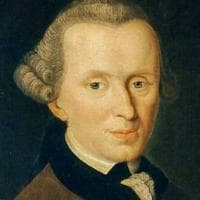
Immanuel Kant
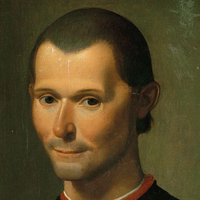
Niccolò Machiavelli
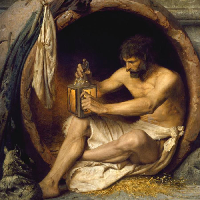
Diogenes


